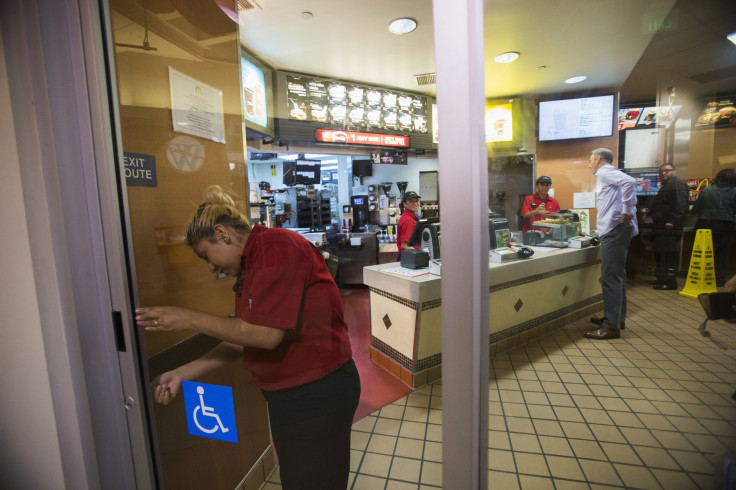Payroll Cards Could Be Reined In By Washington State Bill

It’s not often that Republicans and Democrats agree unanimously on legislation, rarer still when labor issues are at stake. But in Washington state, both parties support a bill that reins in the use of payroll cards to pay workers’ wages. These prepaid debit-like cards, overseen by third-party financial institutions, often come riddled with hidden fees that amount to a form of wage theft, according to critics.
The bill mandates that workers be compensated in a form that allows them to avoid “any fees or costs.” It also requires employers who use payroll cards to offer workers at least one alternative means of wage payment, such as a traditional paycheck.
A hearing is scheduled Wednesday in the state Senate Committee on Commerce and Labor in Olympia. The bill already passed the House by a 98-0 vote earlier this month. One of the legislation’s leading advocates, Republican insurance agent Rep. Graham Hunt, sponsored the bill after being contacted by a concerned constituent, according to the Olympian newspaper.
Payroll cards, which are often cheaper for employers than physical paychecks, are increasingly common, especially in low-wage sectors like retail and fast food. About 5.8 million workers nationwide got their wages via payroll cards in 2013, and the number is expected to rise to 10.8 million by 2017, according to a report issued last summer by New York Attorney General Eric Schneiderman. The study found that cardholders were being charged fees for basic tasks like withdrawing cash, point-of-sale transactions and using customer service, and weren’t receiving enough information about how to avoid those fees.
Washington is only the latest state to tackle the growing practice. Last year, Illinois approved a law that requires employers to disclose all fees for payroll cards and offer workers alternative forms of payment. Last month, Schneiderman backed a similar bill in the New York Legislature. Hawaii also approved new regulations last year.
In Washington, Hunt told the Olympian he expects to hear pushback from financial interests at Wednesday’s hearing. Industry lobbyists strongly opposed Illinois’ new law.
© Copyright IBTimes 2025. All rights reserved.






















